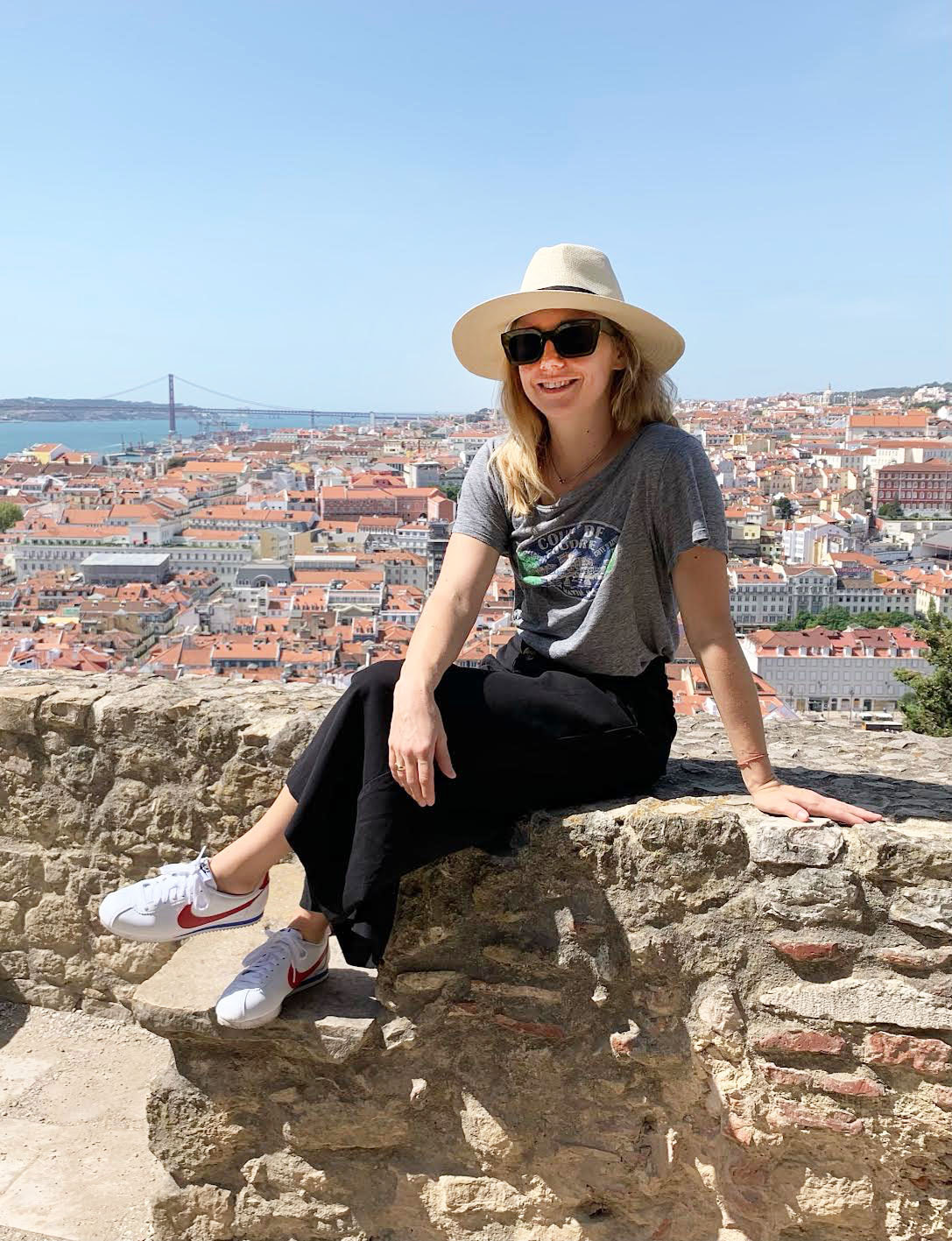|
My first two years at CASA have been spent almost entirely on one case. Just last month, it finally closed, and had a very happy ending. To briefly sum up the case, a baby had been removed from his mother’s care immediately after being born, and remained in the hospital for the first month of his life until the grandmother was awarded temporary custody. At first, I thought this would be a fairly simple, open and shut case because he was already placed with family, had a loving grandmother willing to be his guardian, and she was already the guardian of his older half sister. But I was wrong. The justice system is slow and complex, even when a child seems to be in the ideal scenario, and this case was especially slow due to a high turnover of DFACs (Department of Family and Child Services) caseworkers, which resulted in X different caseworkers just on this case over the last two years. Every time the case was handed over to a new caseworker, it pushed the process back. Information was lost, misinformation was passed along, numbers changed, hearings were rescheduled, and so on. What’s already a confusing and foreign process for most families became even more difficult to track. But this is where I, as the CASA, was able to be the one constant person in this family and child’s life throughout the process. And my role was huge. When the grandmother wasn’t sure who to turn to, she reached out to me. When the mother didn’t know what her case plan was, she reached out to me. When the caseworker changed for the first, second, and third time, they all reached out to me. CASAs are so much more than just an advocate for the child. They’re the support for everyone who loves that child as well. They’re the liaison between the complicated justice system and the families. Our job isn’t just to check-in and report, it’s to gather information on BOTH sides of the case, and communicate with both sides. I found myself reporting more to the family than I did to the court. Because so much was happening behind the scenes, it was hard for them - grandma and mom - to keep up with dates, plans, evaluations, phone numbers, doctors appointments, etc. In a process that is often chaotic, emotional, scary and uncertain for many families and children, CASA can act as the one constant support throughout the case. I understand now just how important the role of a CASA is, and that what is required may vary from case to case, child to child. Even though the case is closed, and there couldn’t have been a better outcome, I still speak to the grandmother, now the permanent guardian, on a regular basis. We’ve developed a genuine friendship and respect for one another over the last two years, and I look forward to seeing the child grow. I think the takeaway here is that every case is going to have its challenges, and the process is unpredictable. This is why it is so important that the CASA be the one person the family can rely on. About the Author
0 Comments
|
Brightside
|
Brightside Advocacy761 Wheaton Street, 5th Floor
Savannah, GA 31401 |
Links |
Contact Us |
FUNDING PROVIDED BY:
Website by FreshWorks Media



 RSS Feed
RSS Feed








